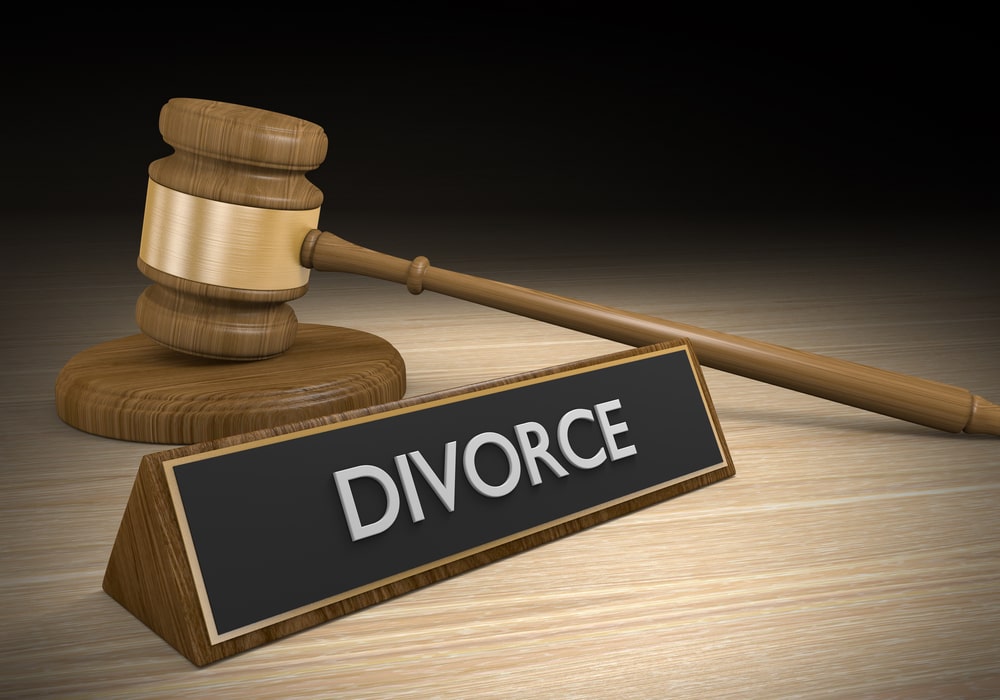
For couples who are dealing with the divorce process, mediation may be a key way to experience a less adversarial and more cost-effective negotiation process to resolve their disputes. At The McKinney Law Group, we understand that preparing for mediation can be overwhelming. To help you feel more confident and informed, we have compiled a list of frequently asked questions about divorce mediation. Our goal is to ensure you are well-prepared and know what to expect, so your mediation can be as productive and smooth as possible.
What Is The Purpose Of Divorce Mediation?
Divorce mediation is a process where a neutral third party, the mediator, helps both spouses discuss and resolve their issues outside of the courtroom. The mediator does not make decisions for you but facilitates communication and negotiation, allowing you to reach a mutually agreeable settlement. This method can save time, reduce legal costs, and help maintain a more amicable relationship post-divorce, which is especially beneficial when children are involved.
How Should I Prepare For Divorce Mediation?
Preparation is key to a successful mediation. Start by gathering all necessary financial documents, such as tax returns, bank statements, property valuations, and debts. Create a comprehensive list of all assets and liabilities. Think about your priorities and what matters most to you in the settlement. It can also be helpful to consult with your attorney to discuss your goals and strategies. Being organized and having a clear understanding of your financial situation will help you articulate your needs more effectively during mediation.
What Issues Are Typically Addressed In Divorce Mediation?
Various issues involing property division, child custody and visitation, child support, and spousal support are all addressed in divorce mediation. Each couple’s situation is unique, so the topics covered will depend on your specific circumstances. The mediator will guide the conversation to ensure all relevant issues are discussed and that both parties have the opportunity to express their concerns and preferences.
What If We Can’t Reach An Agreement During Mediation?
If an agreement cannot be reached during mediation, it does not mean that the process has failed. Sometimes, couples need more time to think about their options or gather additional information. In some cases, further mediation sessions may be scheduled. If mediation ultimately does not result in a settlement, you can still pursue other avenues, such as collaborative law or litigation. Your attorney will help you understand your options and determine the best next steps for your situation.
How Does The Mediation Process Work?
The mediation process typically begins with an introductory session where the mediator explains the ground rules and the process. Each party will have the opportunity to make opening statements about their views and goals. The mediator will then facilitate discussions on each issue, helping both parties explore solutions and compromises. Throughout the sessions, the mediator ensures that the conversation remains respectful and productive. Once an agreement is reached, the mediator will draft a memorandum of understanding, which can then be reviewed by your attorneys and, if satisfactory, submitted to the court for approval.
Moving Forward With Confidence In Your Divorce Mediation
It’s important to gather the necessary documentation and that you are clear about your goals and priorities when preparing for divorce mediation. Our team is committed to helping you manage this challenging time with as much ease as possible. If you have any further questions or need personalized guidance, don’t hesitate to contact us. As a trusted St. Petersburg, FL divorce lawyer, we are here to support you every step of the way. Reach out to us today to schedule a consultation and take the first step towards a more amicable and efficient divorce process.
